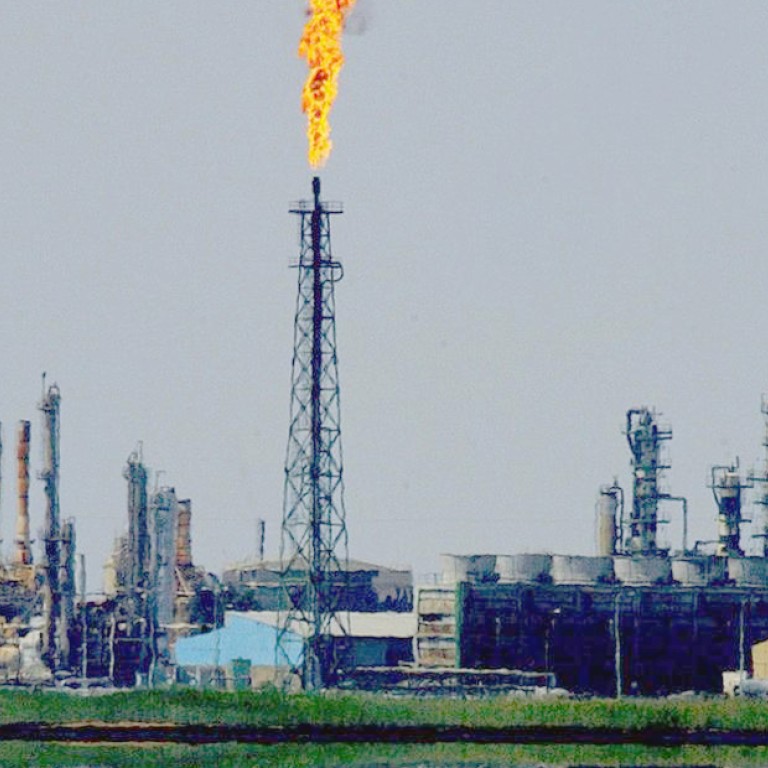
Violence in Iraq threatens crucial oil reserves, may lead to price hike
Escalating violence in Iraq is threatening the development of some of the world's largest oil reserves at a time when Opec's No 2 producer was expected to be a key future supplier.
Escalating violence in Iraq is threatening the development of some of the world's largest oil reserves at a time when Opec's No 2 producer was expected to be a key future supplier.

But a lightning offensive led by jihadists from the Islamic State of Iraq and the Levant (ISIL, also known as Isis) means the anticipated modernisation of Iraq's southern oil fields looks slimmer by the day.
"There's no question that outside of North America, Iraq is the country that matters the most for future production," said Antoine Halff, head of the IEA's oil markets and industry division.
So far, insurgents have forced the shutdown of Iraq's main oil refinery, but have not reached the oil fields of the south, which account for 90 per cent of exports.
Global oil prices have risen from around US$109 a barrel to nine-month highs of over US$114 a barrel on the back of the crisis. But they are nowhere near what analysts predict they could reach if Iraq stops exporting.
"In an 'ugly' scenario, where the bulk of Iraqi supply is lost, the price of Brent could easily surge to new record highs above US$140," said the London-based consultancy Capital Economics, referring to one of the oil industry's key price benchmarks.
But in the long term, the bloodshed could hinder access to Iraq's low-cost oil supplies, which account for 11 per cent of proven world reserves, just as the depletion of mature fields elsewhere is starting to bite.
Iraq has ramped up production in recent years and currently produces 3.3 million barrels a day. The International Energy Agency expects that to grow to six million by 2020, accounting for around 60 per cent of the cartel's production growth.
That's key as the agency predicts world oil demand will breach 100 million bpd in 2019, with developing countries overtaking the developed world for the first time.
Disruption in Iraq would be a particular issue for resource-hungry China, which is now the largest foreign investor in the country's oil sector.
Last year China overtook the United States to become the world's biggest oil importer.
China National Offshore Oil Corp and China National Petroleum Corp both have huge investments in the south and China has a total of 10,000 workers on the ground.
Halff said Beijing was likely to turn to Saudi Arabia, which produces crude of similar quality to Iraq's, and to Iran and Russia for supplies.
The Iraq crisis has also turned the spotlight onto exports from the autonomous region of Kurdistan, which Baghdad says are illegal as it claims the sole right to develop and export Iraqi oil.
